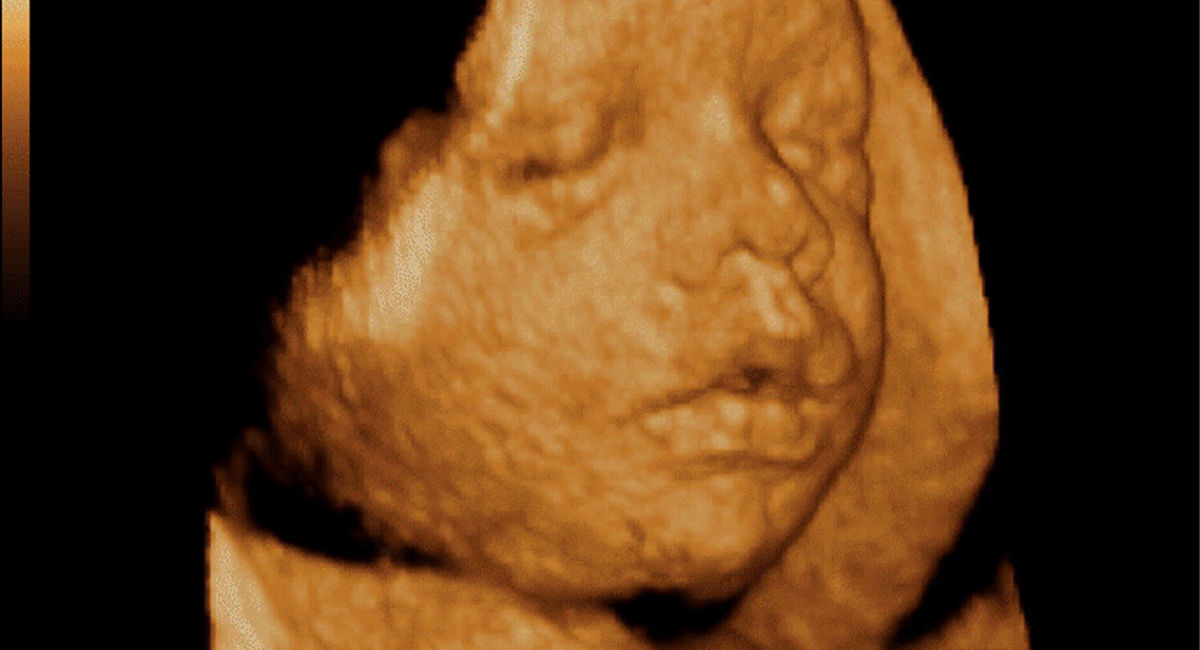A landmark ruling last week by the High Court of Delhi, India, was a striking blow to the protection of preborn children in the country when the court determined that a couple could abort their 33-week preborn child because of fetal abnormalities.
According to DW, the 26-year-old mother, Kayva, and her husband petitioned the court for an abortion when ultrasound scans revealed that their child had a cerebral abnormality. “This was one of the toughest decisions of their life and it has taken a toll on them,” said Anwesh Madhukar, their lawyer.
Per DW, abortion in the country is currently allowed up to 24 weeks for certain situations, “including minors, survivors of rape, women whose marital status has changed, women who suffer from mental illness or physical disability, women in a humanitarian crisis, and for such cases when the fetus has anomalies that are not considered compatible with life.”
Though the parents petitioned for abortion, the country’s medical board ruled that the child was “compatible with life,” and could be “managed surgically following delivery,” and therefore recommended against abortion. Strikingly, the medical board also noted that it was impossible to determine the degree of potential disability the child may or may not have before he was actually born.
In her December 6 ruling, Justice Prathiba M. Singh disregarded the medical board’s recommendation — and the preborn child’s rights — and determined, “The ultimate decision in such cases ought to recognize the choice of the mother.”
“If a court always only relies on the opinion of the medical board, the woman’s autonomy gets completely lost. This was not an easy decision for Kavya or her husband to take,” Madhukar said, adding: “I hope this encourages more women to turn to courts if they need to.”
Reena Wani, the head of the obstetrics and gynecology department at Mumbai’s Cooper Hospital, warned about aborting a child so late in pregnancy. “Due to the late stage of pregnancy, doctors would have to induce early labor,” she said. “And there are chances that despite an attempt for termination, the child might be born alive… It remains to be seen how the law will handle the case if the child is born alive.”
A third-trimester abortion is a horrific, often days-long procedure in which the child is poisoned with a feticide before labor is induced. At 33 weeks, the child can feel pain during the brutal process (research shows that children are pain-capable by the end of the first trimester, if not before). Despite this, abortion advocates in India are tragically hailing this high court ruling as a victory for women, claiming that the autonomy of the woman supersedes all else.
However, this line of thinking fails to recognize that there are two lives involved in every abortion procedure — the mother and her child. There is nothing victorious about the intentional homicide of an undelivered child just because that child was facing medical challenges.








